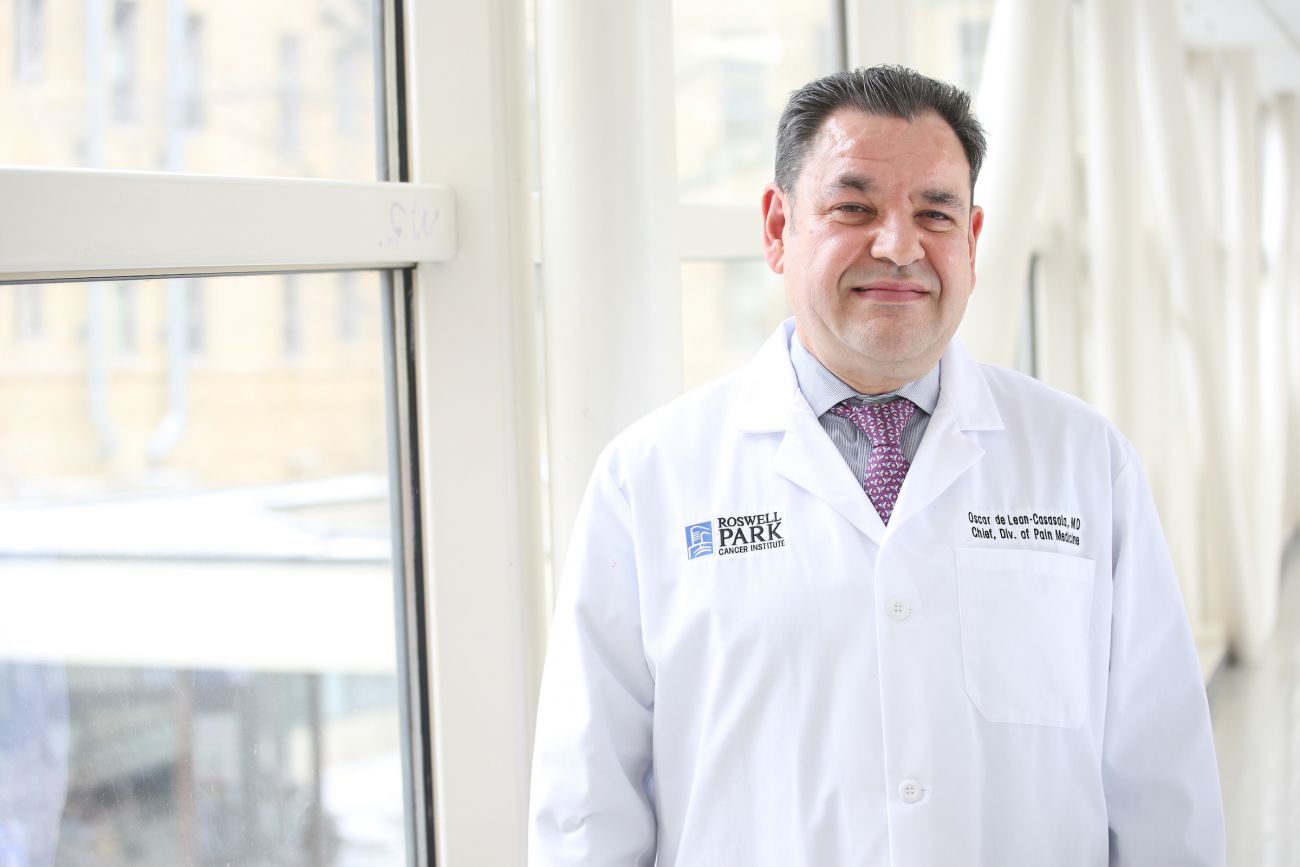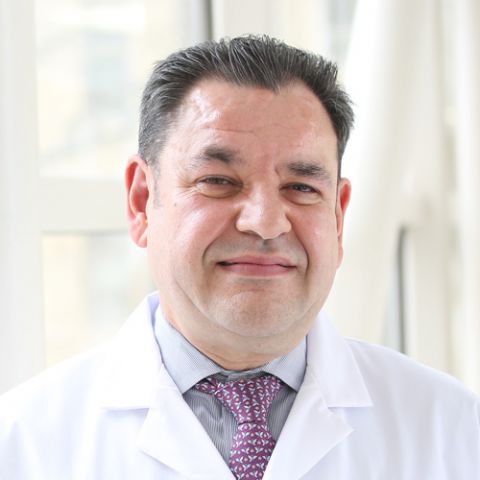Opioids have been used for centuries to relieve pain and suffering.
Once derived from the poppy plant but now mainly synthesized in the lab, opioids include both FDA-approved drugs prescribed by doctors — such as morphine, oxycodone, and hydrocodone — and illegal drugs such as heroin. Whether used in their natural or synthetic form, opioids are extremely effective for many types of cancer-related pain. Unfortunately, they can also be associated with psychological addiction.
Opioid misuse and abuse has become a major health and economic issue. Opioid overdose has become the leading cause of accidental death in New York State, and nearly 80% of heroin users say their addiction started with an opioid painkiller. The Centers for Disease Control and Prevention estimates the cost of prescription opioid abuse in the United States at $78.5 billion per year. Aside from making both local and national headlines on a regular basis, this opioid “epidemic” adds to the unique challenges faced by patients with cancer-related pain and the doctors who treat them.
Opioids work by disrupting the pain signals that travel from the body to the brain, but in some cases they may release the “feel good” neurotransmitter dopamine. We are learning that some people are more sensitive than others to the euphoria-inducing effects of opioids, and many factors influence whether an individual will become physiologically dependent or addicted. It is believed that people at risk of becoming addicted are those who are younger or have a history of depression, compulsive disorders, psychological trauma or drug and/or alcohol abuse, among other factors.
Never miss another Cancer Talk blog!
Sign up to receive our monthly Cancer Talk e-newsletter.
Sign up!Despite the many concerns about opioid abuse and misuse, we have many strategies in place to ensure that opioids are prescribed and used safely. For example, only one doctor will prescribe this type of medication. Patients will be monitored very closely, as will any necessary refills. We have always used universal precautions when prescribing opioids, which allows us to identify patients who may be at risk of abusing or misusing these drugs so we can monitor them more closely. This takes an enormous amount of extra time and effort on the part of the provider, but it is done to ensure that opioid therapy is not only effective but also necessary and safe.
When used to manage the pain resulting from cancer or cancer-related treatments, opioids are extremely effective. The challenge for both doctors and patients emerges when these opioids are used to cope with the stress, anxiety and depression that often accompany a cancer diagnosis. Thus, we offer a wide variety of treatments to help our patients cope with emotional pain and suffering, such as cognitive-behavioral therapy, support groups, hypnosis, relaxation, massage, aromatherapy and acupuncture.
The key to successful pain management is a good diagnosis based upon the patient’s history and physical examination. In fact, opioids are not always the first line of treatment used to manage many types of cancer-related pain, and some patients will benefit from other interventions. Although cancer and cancer treatments can cause significant pain, we do know that cancer patients are not at higher risk than the general population of becoming addicted to opioids.
Here at Roswell Park, our pain management success rate is close to 100%, and the majority of our patients do not require interventional procedures as the first line of therapy. Although we have been prescribing opioids for many years, we very rarely have to refer any of our patients to an addiction specialist, which is good evidence that when used appropriately and responsibly, opioids remain a safe treatment for many types of cancer pain.
To find out how Roswell Park can help you manage your cancer-related pain, contact our Cancer Pain Management Service or call the Pain Clinic at 716-845-4595.


